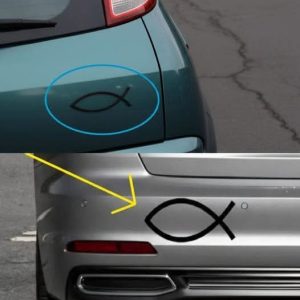The Department of Homeland Security (DHS) has publicly condemned New York Governor Kathy Hochul after she quietly issued a pardon to Somchith Vatthanavong, a convicted killer facing deportation. The move has sparked outrage among federal officials, Republicans, and crime victims’ advocates, who accuse Hochul of prioritizing the interests of criminal migrants over public safety.
Vatthanavong, 52, came to the U.S. from Laos as a child refugee and was convicted in 1988 of manslaughter and firearm possession after fatally shooting a man in Brooklyn. Despite claiming self-defense, he served 14 years in prison and has lived in New York since his release in 2003. However, due to his conviction, he faced near-certain deportation during a scheduled immigration hearing in July.
Governor Hochul issued an unconditional pardon for Vatthanavong on July 1, one day before his immigration hearing—effectively shielding him from deportation. Unlike other clemency decisions, this pardon was not publicly announced and only came to light after a New York Times report. Community organizations and Democratic officials had lobbied on his behalf, emphasizing his rehabilitation and family ties.
Hochul defended her decision as an act of compassion, referencing Christian values and the importance of forgiveness. She insisted that Vatthanavong had rebuilt his life, posed no threat, and deserved mercy, especially since he faced being sent to a country he no longer knew. “They’ve paid their debt,” she said, criticizing those politicizing the case.
Despite her reasoning, backlash has been intense. DHS reiterated its stance that criminal non-citizens should not remain in the U.S. and accused Hochul of undermining national security. Republicans, including Rep. Elise Stefanik, condemned the pardon as dangerous and irresponsible.
The case has reignited debates over immigration enforcement, clemency powers, and the balance between public safety and second chances for rehabilitated offenders.




